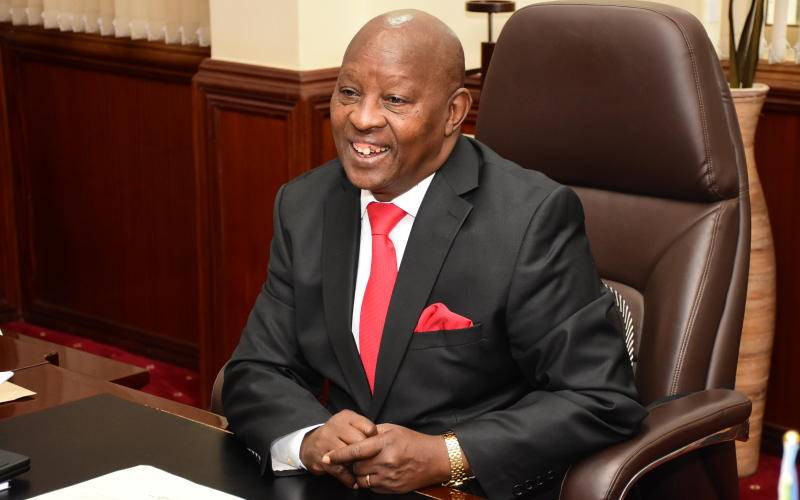×
The Standard e-Paper
Stay Informed, Even Offline

Economic managers at the National Treasury recently termed the mountain of pending bills as a 'fiscal risk' that might derail the turnaround of the battered economy and scuttle efforts to improve the livelihoods of Kenyans.
A fiscal risk is the possibility that an event at an industry level could severely hurt the economy.